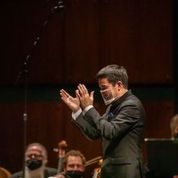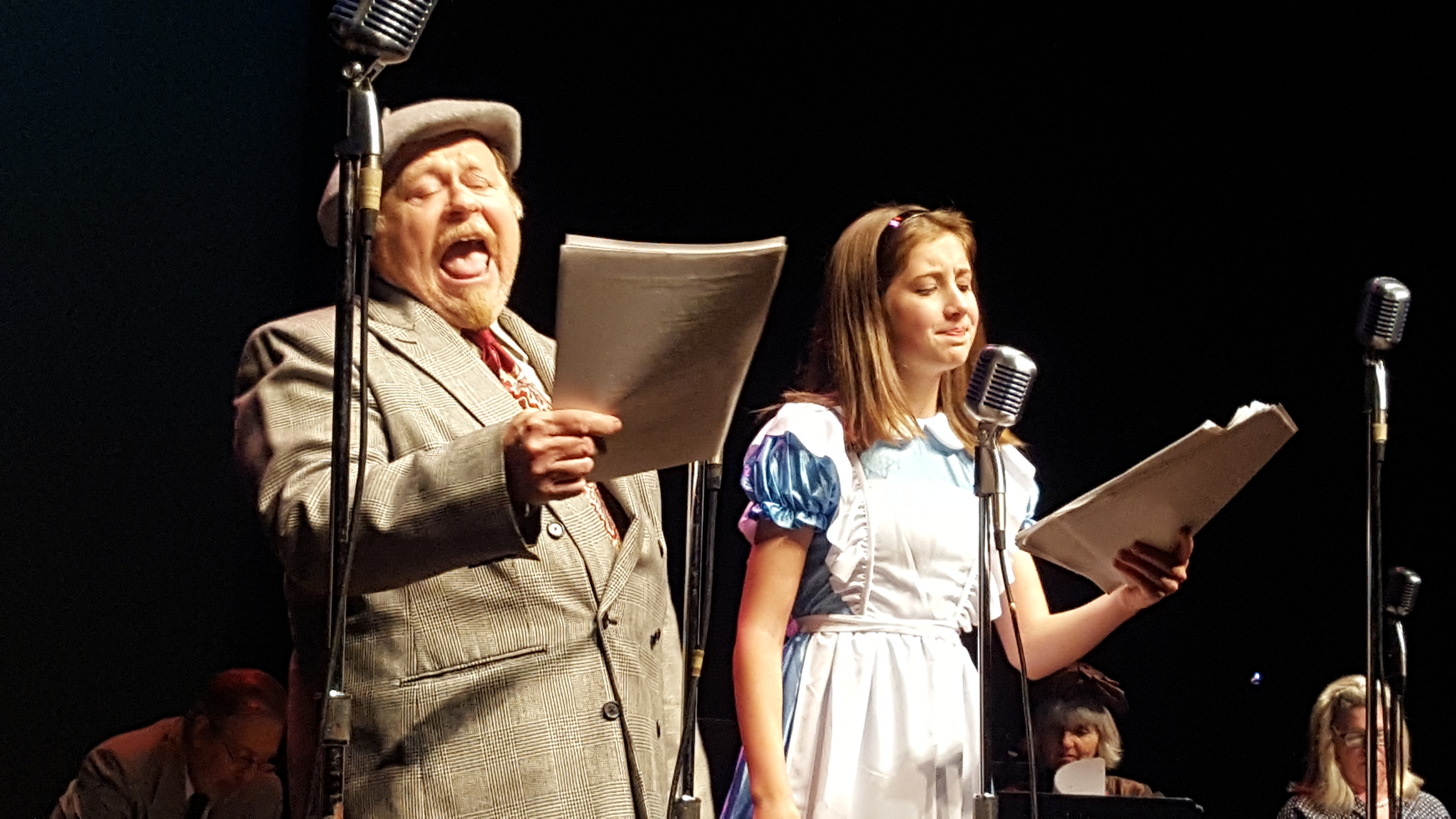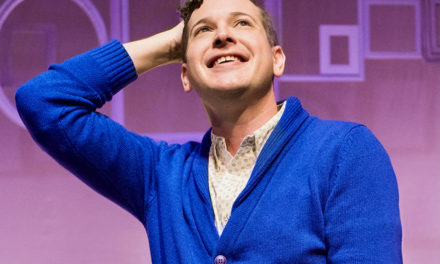By Daniel Buckwalter
(#commonmanatthesymphony)
An off-season of innuendo and less-than-stellar communication finally gave way on Sept. 26 to opening night for the 54th season of the Eugene Symphony Orchestra. It was melodic music, and it was much needed.
Between reconfiguring the administrative structure of the symphony and the deeper reorganization of the Eugene Symphony Chorus (which apparently prompted director Amy Adams to resign and issue a multi-point Facebook examination of the issue at hand on Aug. 31), there had been loud cymbal clanging throughout the run-up.
Some even have openly wondered about the symphony’s financial health, a concern the symphony’s executive director, Scott Freck, has denied.
But on a brighter note, Francesco Lecce-Chong, now entering his third year as artistic director and conductor of the symphony, recently signed a contract extension through the 2022-23 season.
For the moment, though, let’s concentrate on Thursday night’s opening before a less-than-packed house at the Hult Center’s Silva Concert Hall.
The signature piece was the Symphony No. 5 in E minor by Peter Tchaikovsky. It came after intermission. From start to finish, it didn’t move me. I wish I knew why. Perhaps I wasn’t prepped for the 45 minutes it took to play what has been noted as a masterpiece.
One problem with classical music for me is that it is most enjoyable when the listener is free of the crowded day-to-day concerns of life, and last week admittedly was a long, very busy one for me.
That said, the first half of the program was outstanding. The night opened with Groovebox Fantasy — a tribute to the late Quincy Jones — by Portland-based composer Kenji Bunch. The plucking violins had me from the start. In the sometimes stuffy environment of a symphony concert hall, a little swing and some contemporary sounding heavy metal-type of performance (even if it’s for only 10 minutes), is a welcome dose of fresh air.
Bunch is a rising star among contemporary composers. He’s had his string of successful pieces played by the Seattle Symphony, and the Oregon Symphony as well as with Eugene Ballet and festivals throughout the country.
Yet this was the first time I had heard a piece of Bunch’s music performed live. I never had the feeling that Groovebox Fantasy was out of place with the orchestra. Far from it. Hopefully, Lecce-Chong can build the momentum of introducing more contemporary composers to Eugene Symphony patrons.
The second piece of the night was not contemporary. No, Max Bruch has been dead almost 100 years, but Scottish Fantasy lives brightly on. The German composer created the piece as if he was a tourist in love with the hills and rocky cliffs.
Curiously, Bruch’s first visit to Scotland occurred a year after the premiere of the work. He had access to Scottish music from a library in Munich, Germany. In today’s world, he no doubt would have used the internet.
No matter. The four-part piece came to full bloom on Thursday night with guest violinist Bella Hristova. She was crisp and in full command of the piece and her place on stage, and she deserved the standing ovation she received.
Again, it was nice to hear the music. In the symphony’s preseason, executive director Freck had to spend time deflecting questions and criticisms of the administrative and chorus-based reorganizations.
He pointed out in interviews that the reorganizations were coincidental and had been the works for some time. The chorus will go from upwards of 130 members who are paid a $75 stipend per performance to 16 core singers — four from each section — who are to be paid $250 per concert. Auditions already are being advertised on the Eugene Scene website. The rest of the chorus will be filled out by volunteers, presumably by those who have given years to the Eugene Symphony Chorus and now feel cast aside.
Because it seems that everyone connected to the chorus felt as if they were blindsided by the news. No one saw it coming. There was no communication until the deal was done. This is endemic of administrative arms of almost any company or organization, and it always leads to wild speculation. In this case, it’s that the Eugene Symphony is hemorrhaging money.
Freck insists this is not the case, and that the new model is one used by symphony orchestras throughout the country. Call it an upgrade, I suppose.
I take Freck at his word, but there is a cost. Any sudden shift to an organization that carries the price of community members being blocked off — even those (like Adams) who have been with the organization more than 20 years — creates wounds that have a tendency to fester and and are slow to heal.
I remember well the final performance of the old Eugene Symphony Chorus. It was the 2018-19 season finale, in Giuseppe Verdi’s Requiem. The chorus was 130-strong that night, and it was magnificent.
I also think of my late father, an opera buff with a strong voice. If he had been alive and of a certain age, I imagine he would have sought to join the chorus that night. It would have been his community. I fear that may have been lost.









The Symphony Chorus is not, and was never, a fixed number. Scott Freck uses the 130-voice Verdi chorus as a useful and expensive comparison to focus on the savings. In 2017, the Berlioz chorus numbered 89. And we presented a chorus of 36 for the live film presentation of “Amadeus” in 2016.
The Symphony Chorus size was never fixed. What was, however, was the honorarium – a modest $75, for every choral project during the last 20+ years.
It is very disingenuous to claim (as he has, to us) that the honorarium has to go away to enable the possibility of performing more than one choral symphonic work per season. However, in the years before he was at the helm of the Eugene Symphony, it was quite common for the chorus to be employed twice, even three times during a given season.
And of course, that was not with the current $2.8 milion budget as they have now…
Never once has any effort been to seek corporate or individual sponsorship of the chorus.